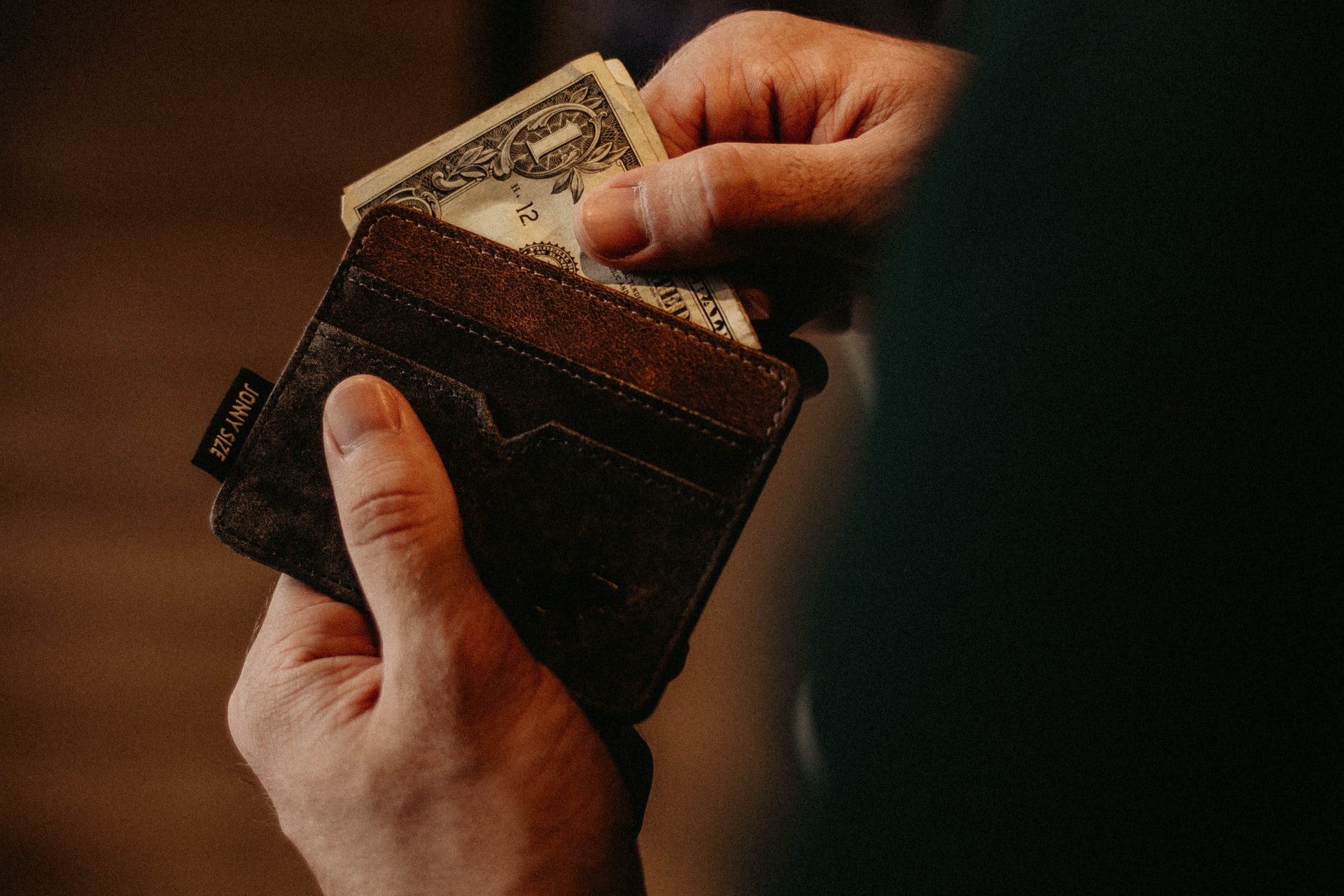If you’ve ever reached into your pocket, only to find your wallet isn’t there, you’re not the only one.
Once the panic subsides, sit down and take the following steps as soon as you can do so:
Make a list of everything in your wallet
While it’s still fresh in your mind, make a list of items that were in your wallet so you can contact the appropriate institutions.
While many people don’t think insurance cards matter versus credit cards, driver’s licenses, social security, today it does. They can use your insurance to get medical treatment as well as to gather information about your identity.
Therefore, take a long moment to think about everything you stored in the wallet.
File a police report
An official report stating that your wallet was lost or stolen will come in handy when dealing with your bank and it will also prove your documents were missing in case of identity theft or fraud.
If you are the victim of further fraud or identity theft down the line, a police report will help serve as evidence that you were, indeed, the victim of a crime.
Some credit card issuers or banks may also want the police report number as part of their fraud investigation.
Call your bank and credit card companies
Sometimes it can be difficult to remember which credit cards were in your wallet when it got lost or stolen.
Before calling institutions, check your accounts online, and make sure that no purchases have been made since you lost your wallet. If you see any suspicious charges, report them to your bank or credit card companies immediately.
If you had checks in your wallet, report that immediately as well. Your bank can allow you to put a freeze on your checking account so that no purchases made via check will be approved.
To protect yourself completely in the case of stolen checks, you will probably have to close that account and get a new one with a completely different number. If you do this, make sure you update your direct deposit and automated monthly payment information.
If you have your credit cards set up with automated recurring payments, be sure to update the payments with the new credit card numbers.
Initiate a fraud alert on your credit report
You’ll want to protect your identity by monitoring your credit reports. The three bureaus are Experian, TransUnion, and Equifax.
Start by filing an initial security alert. The credit bureaus are legally required to share such alerts with the other two counterparts, so you don’t need to report with all three bureaus.
Once you have a fraud alert on your credit report place, a business must verify your identity before it issues new credit in your name. The alert remains active for a year and can be renewed by you for up to seven years.
If you want even more protection, you may want to consider freezing your credit, which will prevent lenders from extending new credit in your name altogether.
Replace your driver’s license
If your driver’s license or government ID was in your wallet, you’ll want to replace that as soon as possible.
Each state has its own requirements for replacing a license; visit your state’s Department of Motor Vehicle or Secretary of State website for details.
The state may also ask you for a police report number if your ID has been stolen.
Report your Social Security number stolen
If you carry your Social Security card in your wallet — which by the way, you should never do — you’ll want to be careful. The Social Security Administration can send you a new card, but you won’t get a new number.
Lastly, as you head out and purchase a new wallet, decide what you want to carry inside going forward in case your wallet is ever lost or stolen again.


